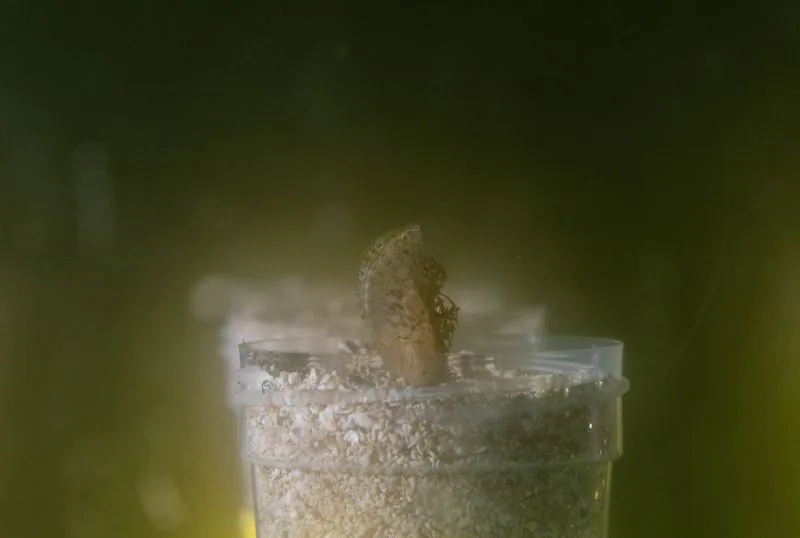The noble pen shell clam, known scientifically as Pinna nobilis, has shown signs of a remarkable comeback in the waters off Croatia, much to the delight of marine biologists and environmentalists. This large clam species, once facing a severe threat of extinction due to a deadly pathogen that swept through parts of the Mediterranean around 2016, is now experiencing a resurgence in numbers.
The situation seemed bleak for the noble pen shell clam, with its population drastically declining across the Mediterranean region. In Croatia, researchers had recorded only about ten surviving specimens in the Adriatic Sea. However, the recent discovery of a group of 20 clams near the shore on the north side of the Istria peninsula has sparked new hope for the species’ recovery.
Sandro Dujmovic from Natura Histrica, an organization managing Istria’s protected areas, expressed initial disbelief at the discovery, citing the improbability of the clams’ survival. This remarkable finding has since been bolstered by the collection of approximately 100 young specimens by biologists, indicating ongoing reproduction among the clams. These young clams have been transported to an aquarium in Pula, a coastal town in the Adriatic, where they are nurtured in a controlled environment.
In the aquarium, the noble pen shell clams are kept in specially filtered water to protect them from parasites. This approach aims to strengthen the clams, making them more resilient and better equipped for potential reintroduction into their natural habitat. The noble pen shell clam, known for its large shell, which can grow up to 4 feet (120 cm) across, plays a vital ecological role in the Mediterranean ecosystem. It acts as a natural water filter, helping maintain the clarity and quality of the sea water, which in turn supports a diverse range of marine life.
The exact reasons behind the clam’s resurgence remain unclear, but it has prompted increased research efforts funded by the Croatian government. A collaborative network comprising various institutions and individuals along the Adriatic coast has been established. Their collective efforts focus on monitoring, searching, and collecting data to better understand and support the recovery of the noble pen shell clam.
This resurgence not only represents a significant win for marine conservation efforts but also highlights the resilience and adaptability of nature in the face of environmental challenges. As research continues, there is hope that the noble pen shell clam will once again thrive in the Mediterranean, contributing to the health and diversity of its marine ecosystem.
READ MORE:
